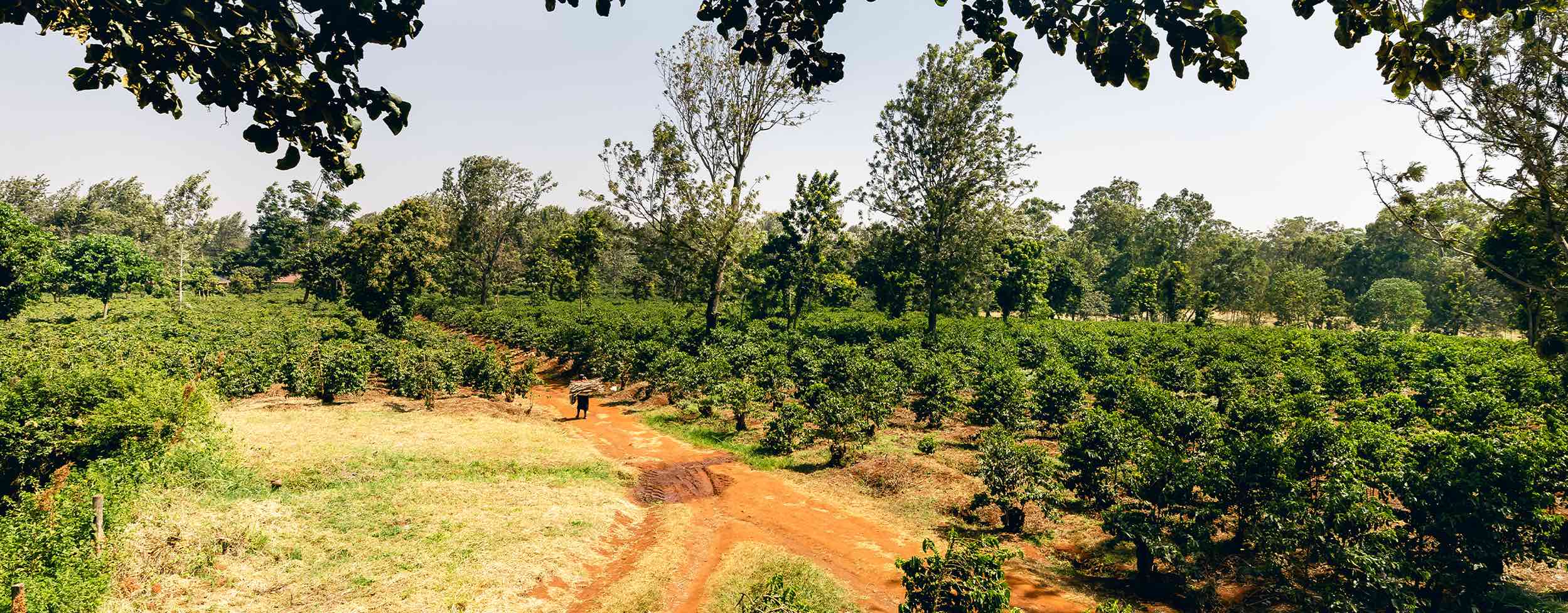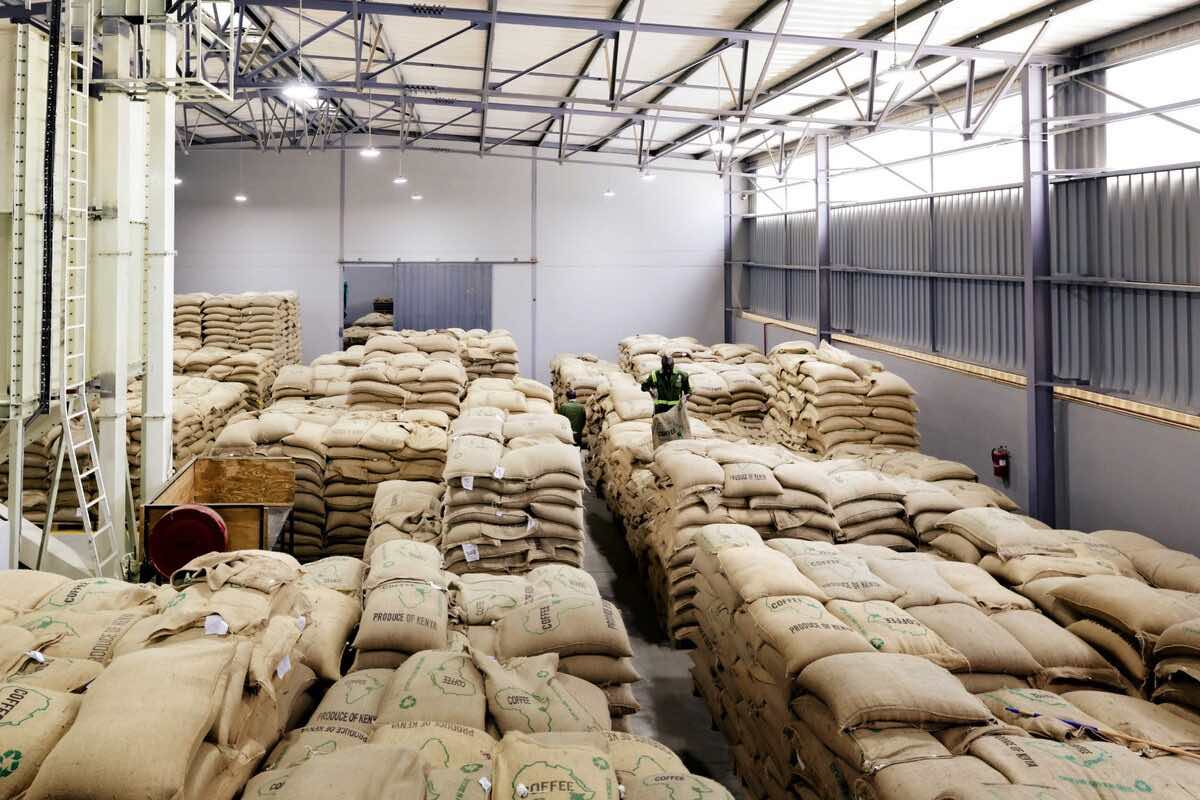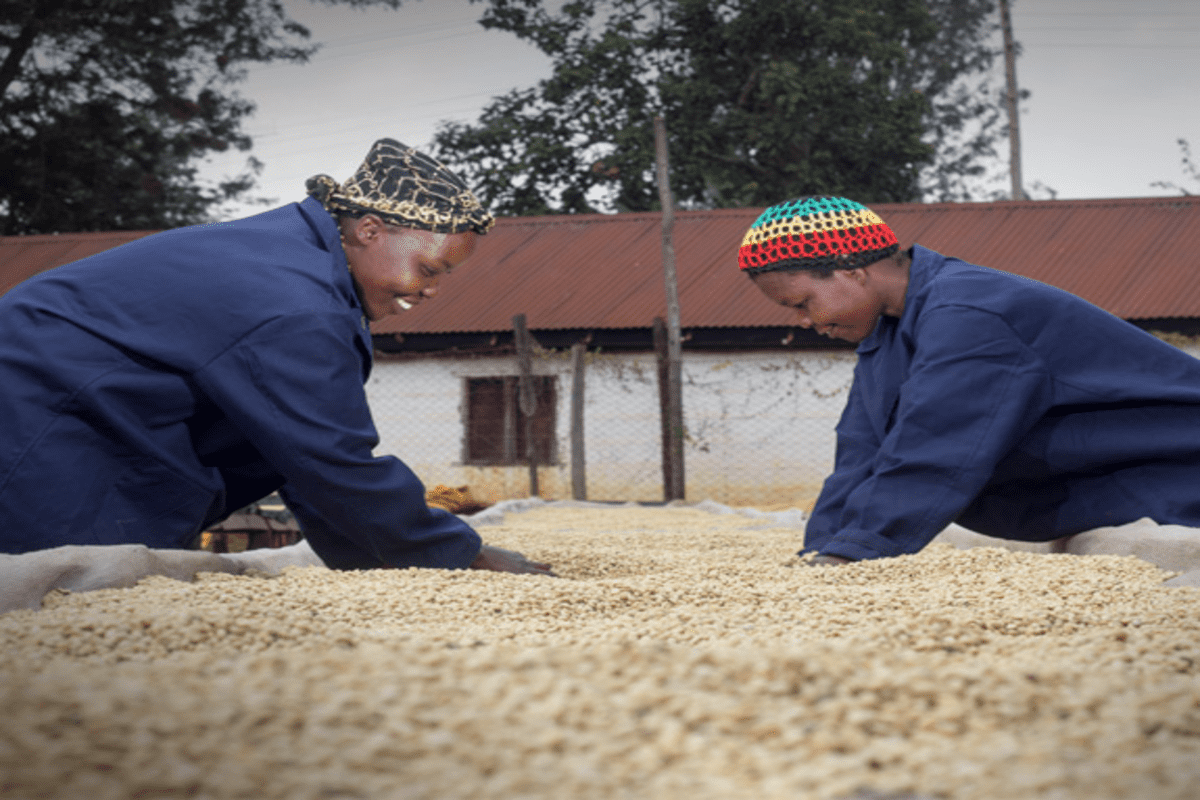
EUDR Practices and Challenges for Coffee Producers
Introduction
The impending European Union Deforestation Regulation (EUDR), set to be enforced by the end of 2024, has cast a shadow over the coffee industry, causing ripples of discontent among traders and stakeholders in coffee-producing countries.
While the objective of combating deforestation is commendable, the controversy lies in the complex web of implementation.
The bill, replacing the existing EU Timber Regulation and extending its scope to coffee, cacao, beef, rubber, soy, and palm oil sectors, mandates that traders unequivocally prove their goods’ production has no ties to deforestation. Failure to comply could result in fines up to 4% of turnover.
Implementation Woes: The Devil in the Details
The heart of the issue lies in the implementation process. The EUDR introduces a three-tier benchmarking system categorizing commodity-producing countries as low, standard, or high risk. While intended to streamline due diligence, concerns arise regarding the potential negative impact on the affected countries’ reputations.
The fear of being labeled “high-risk” could dissuade importers from purchasing coffee, affecting the livelihoods of coffee producers. This fear is not unfounded, considering the stringent requirements, including the submission of aerial or satellite photography for each parcel of land used in coffee production, demonstrating no deforestation.
EUDR mandates the precise mapping of every small farm, requiring smallholder farmers to provide exact location data. This ambitious task, while crucial for combating deforestation, poses logistical challenges for farmers with limited resources. The obligation to map every small farm becomes a critical factor in their participation in the supply chain.
A Blind Eye to Smallholders: Uncertainty Prevails
The EUDR’s failure to differentiate between smallholders and larger estates adds to the uncertainty. While the legislation acknowledges that small and medium enterprises (SMEs) won’t need to meet all requirements, the specific criteria they must fulfill remain unclear, posing obstacles to effective implementation.
Compounded by a tight timeline, the EUDR sets ambitious goals for a coffee supply chain already grappling with traceability issues. The complexity of the coffee industry, involving numerous intermediaries, presents unique challenges compared to other commodities under the legislation.
The complexities of the coffee supply chain, with numerous intermediaries involved, present additional challenges. The EU has a tight timeline of 16 months to develop a system capable of processing imagery effectively and identifying instances of deforestation with confidence.
The intricate nature of the coffee supply chain, combined with the historical challenges of traceability, raises questions about the feasibility of meeting these requirements.
Trees Over 5 Meters: Navigating the Forest Definition:
EUDR categorizes any tree over 5 meters as a forest tree, a classification with direct implications for smallholder farmers.
However, the regulation lacks nuance in differentiating trees cultivated for legitimate purposes, such as sustaining tea factories or domestic use, from those contributing to deforestation.
This broad definition raises questions about its impact on farmers’ practices and livelihoods.
Uncertainties in Tree Cultivation for Sustainability: Balancing Act:
Farmers cultivating trees for sale, particularly to sustain tea factories or for domestic use, face uncertainties under EUDR. The lack of clarity regarding the alignment of such practices with the regulation introduces a balancing act for farmers seeking both sustainability and compliance.
Striking this balance becomes crucial for the economic viability of smallholder operations.
Sustainable Solutions and Collaboration: The Path Forward:
Navigating the challenges posed by EUDR practices requires collaborative solutions. Industry stakeholders, regulatory bodies, and smallholder farmers must engage in dialogue to address uncertainties, streamline compliance processes, and foster sustainable agricultural practices.
The development of clear guidelines that consider the nuanced reasons behind tree cultivation is essential for the success of EUDR in promoting both environmental conservation and economic sustainability.
As EUDR practices unfold, smallholder farmers find themselves at the intersection of compliance, sustainability, and economic viability.
Evaluating these factors is essential for the success of both the regulation and the livelihoods of those who play a crucial role in the global agricultural landscape.
Collaborative efforts are needed to ensure that EUDR fosters environmental conservation without disproportionately burdening smallholder farmers.
Questioning Relevance: Is Coffee the Culprit?
Some argue that coffee may not be the most relevant commodity for this legislation. In countries like Brazil, where forests were cleared for coffee production over a century ago, the primary driver of deforestation today is cattle farming, not coffee cultivation.
This prompts the question of whether the EU is effectively targeting the areas of the agricultural network posing the most risk to the environment.
As EUDR practices unfold, smallholder farmers find themselves at the intersection of compliance, sustainability, and economic viability.
Balancing these factors is essential for the success of both the regulation and the livelihoods of those who play a crucial role in the global agricultural landscape.
Collaborative efforts are needed to ensure that EUDR fosters environmental conservation without disproportionately burdening smallholder farmers.
Conclusion
Altogether, while the EUDR aims to address deforestation, its implementation challenges, particularly in the coffee industry, demand careful consideration.
The EU must address concerns regarding regulatory imperialism, provide clarity for small farmers, and ensure that the legislation effectively targets areas of genuine environmental risk.
As the EUDR’s enforcement looms at the end of 2024, concerted efforts are needed to refine and tailor the legislation to the intricacies of the coffee industry.
References
https://intelligence.coffee/2023/08/eu-deforestation-laws/
https://www.whitecase.com/insight-alert/10-key-things-know-about-new-eu-deforestation-






